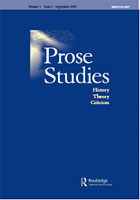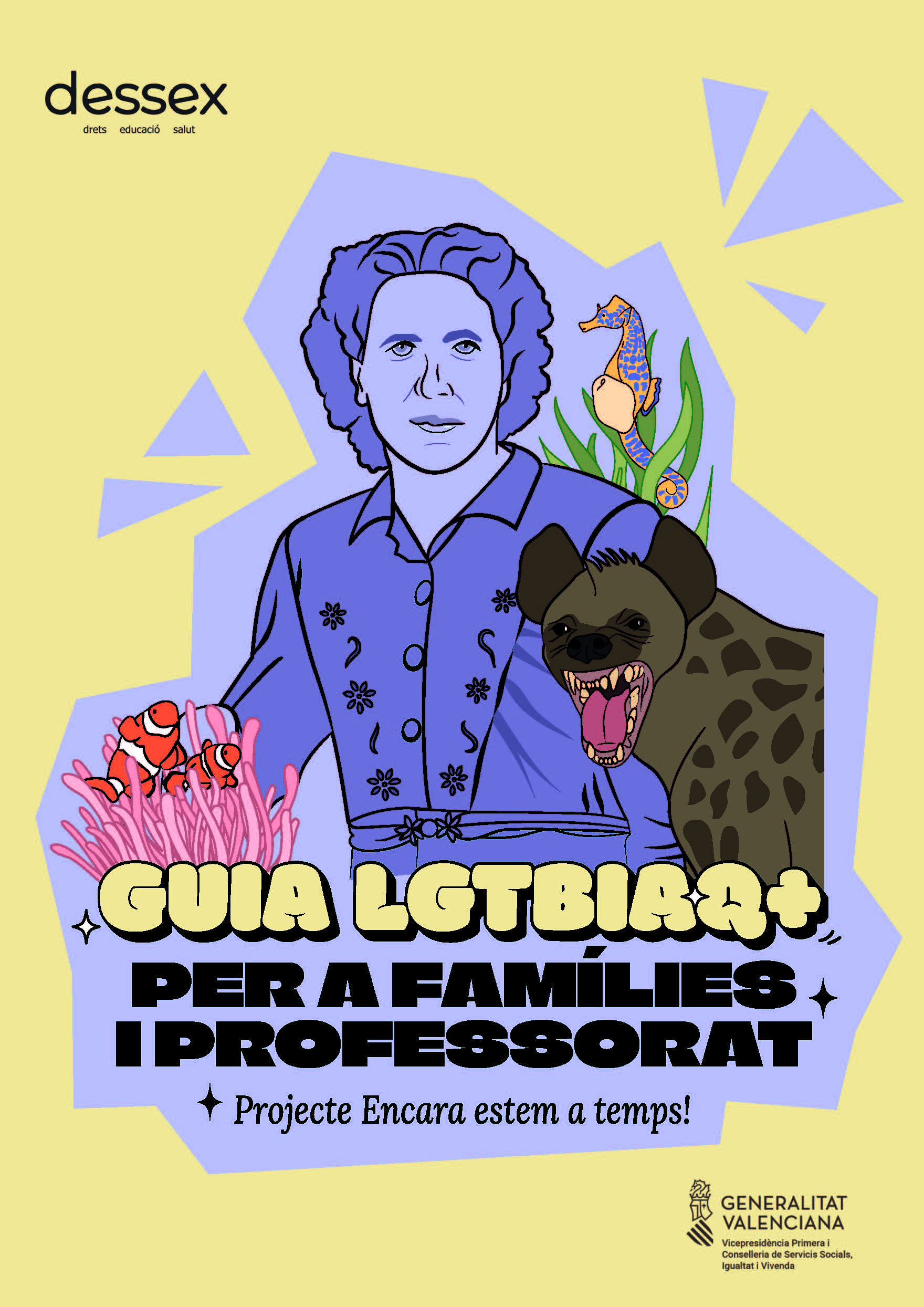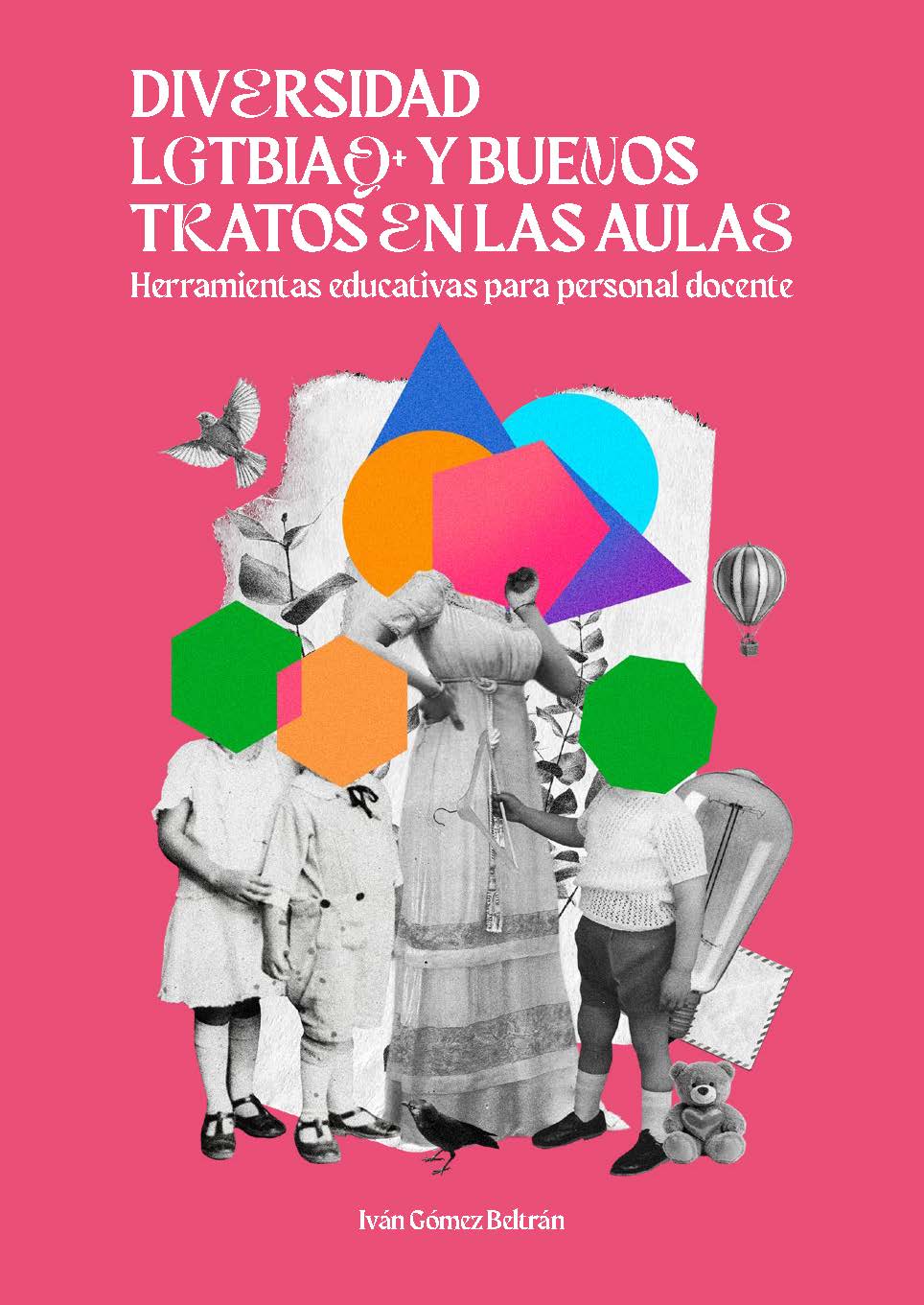Resumen
This essay interrogates the diffidence conveyed in gay autobiographical writings about
opera, a diffidence that is, perplexingly, expressed not about homosexuality but about
opera. The essay considers how these autobiographical writings about opera, many of which
seemed to have emerged around 1993, the moment that queer emerges as a concept and an
identity, are engaged with an ambivalence about relinquishing the closet. In this case the
operatic closet is at once experienced both as a private (though shared) coded escape from an
oppressive mainstream heterosexual world and also as a space that was, perhaps
counterintuitively, always already queer, suggesting that in some circumstances the closet
might have been a more liberatory space than has hitherto been imagined. The texts the
essay focuses on most extensively are Wayne Koestenbaum’s book The Queen’s Throat and
Terry Castle’s essay “In Praise of Brigitte Fassbaender (A Musical Emanation).”






